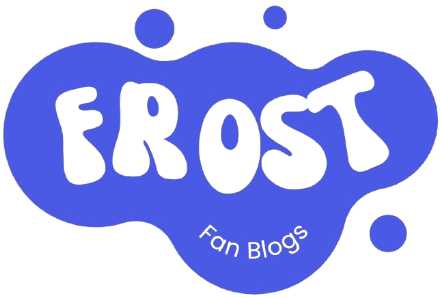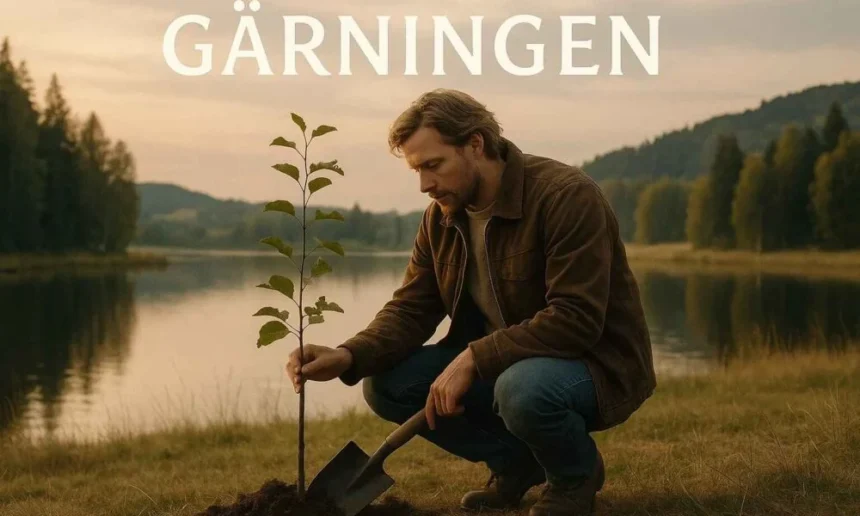In every aspect of our lives, we are continually making choices and taking actions. Whether small or significant, the power of our deeds, referred to as gärningen in Swedish, shapes not only our individual lives but also the communities and societies we belong to. This article explores the concept of actions, their impact on personal and social growth, and why it’s crucial to understand the far-reaching consequences of our actions.
What Are Actions (gärningen)?
The word gärningen translates to action or deed in English, and it refers to the act of doing something, whether it’s a simple task or a more profound, life-changing move. In a broader sense, our actions can be deliberate or spontaneous, and their consequences often ripple outward, affecting not only us but others around us as well. Actions define who we are, what we value, and how we interact with the world.
While it’s easy to overlook the importance of daily actions, each one contributes to the tapestry of our lives. Even seemingly trivial deeds can lead to significant changes, either in the short or long term. So, the question is: how aware are we of the impact of our actions?
The Personal Growth Aspect of Actions
One of the most significant ways our actions shape us is in our personal growth. Each time we act, we reveal something about ourselves, our priorities, our values, and our emotional state. Positive deeds like helping others, being kind, or practicing gratitude are all actions that enhance our personal development.
When we engage in ethical or beneficial actions, we build habits that reflect our commitment to self-improvement. Taking responsibility for our actions leads to personal discipline and emotional intelligence. For example, choosing to apologize after a mistake or giving credit to others can strengthen our integrity and communication skills.
Actions and Their Social Impact
While personal actions are essential, their broader social impact cannot be overstated. The collective actions of individuals shape the world we live in. Every time we make a decision that affects others, whether it’s an act of kindness, injustice, or activism, we contribute to the overall health and development of society.
Actions can have positive effects, such as inspiring others to be better or creating movements that address social issues. Take, for instance, civil rights activists who fought for equality or environmental advocates who push for sustainability. Their actions sparked widespread change, and even today, we see their influence on modern society. Similarly, small everyday actions like recycling, being courteous, or donating to charity can have a collective impact.
Ethical Considerations: Making Right Choices
It is essential to consider the ethical implications of our actions. Sometimes, what seems like an innocent or harmless action can have negative consequences for others. Making moral decisions ensures that our deeds are aligned with values that promote fairness, respect, and well-being.
Ethical actions are not just about avoiding harm, they are about doing good. Reflecting on the outcomes of our deeds allows us to make decisions that contribute to the greater good of humanity. Actions like supporting marginalized communities or protecting the environment through sustainable practices are examples of ethical deeds that have far-reaching benefits.
The concept of ethics can also be explored in the context of what we decide not to do. Inaction in the face of injustice can be considered a form of passive harm. When we ignore social issues or avoid intervening in situations where help is needed, we are, in effect, contributing to the problem. Wikipedia has a great reference on the concept of ethics and how it impacts both individual and collective behavior. You can explore more about ethics here.
Actions and Psychological Motivation
Our motivations play a significant role in why we choose specific actions over others. Psychological factors such as upbringing, emotions, values, and even social pressures can influence our decisions. For example, when we perform an act of kindness, it’s often because we have empathy or a desire to make a positive impact. On the other hand, when we act out of anger or frustration, it can lead to negative consequences.
Understanding our psychological motivations allows us to control our actions better and make more deliberate choices. By reflecting on why we take specific actions, we can shift our behaviors toward more meaningful and beneficial ones.
The Role of Actions in Shaping Societies
Throughout history, actions have shaped the world in profound ways. Social movements, such as those advocating for civil rights, gender equality, and environmental protection, were driven by collective actions. These actions often courageous and controversial led to meaningful changes in laws, cultures, and communities. Each action within a movement contributed to the larger cause, proving that our actions, when united with others, can create massive waves of change.
Whether you’re an activist, a volunteer, or an advocate for positive social change, your actions can contribute to a greater cause. As an individual, you might not see immediate results, but collective actions over time build a foundation for societal transformation.
Recommendations: How to Make Your Actions Count
If you want your actions to have a meaningful impact, consider the following recommendations:
- Reflect Before Acting: Take a moment to think about the consequences of your actions. Will your deed lead to a positive outcome? Will it align with your values?
- Stay Mindful: Practicing mindfulness helps you stay aware of how your actions affect others and yourself. Simple mindfulness techniques can enhance your ability to make thoughtful, ethical decisions.
- Get Involved: Whether through volunteerism, supporting social causes, or advocating for justice, engaging in community-oriented actions can amplify your impact.
- Lead by Example: Actions speak louder than words. By modeling positive behavior, you inspire others to take similar actions, creating a ripple effect of good deeds.
- Be Accountable: If your actions cause harm or are not aligned with your values, take responsibility and make amends. Accountability strengthens your character and builds trust with others.
The Importance of Action in the Modern World
In a world where many people often feel disconnected or overwhelmed by challenges, taking action becomes even more essential. The small deeds that we do every day not just in times of crisis but in the everyday moments create the foundation for a better future. Whether it’s supporting a friend, choosing sustainable products, or advocating for essential causes, our actions can have a lasting impact.
In conclusion, gärningen our actions hold the power to shape our lives and the world around us. Whether on a personal or social scale, our actions are a reflection of who we are and what we stand for. By acting with mindfulness and purpose, we can ensure that our deeds create positive change and contribute to the betterment of society.





